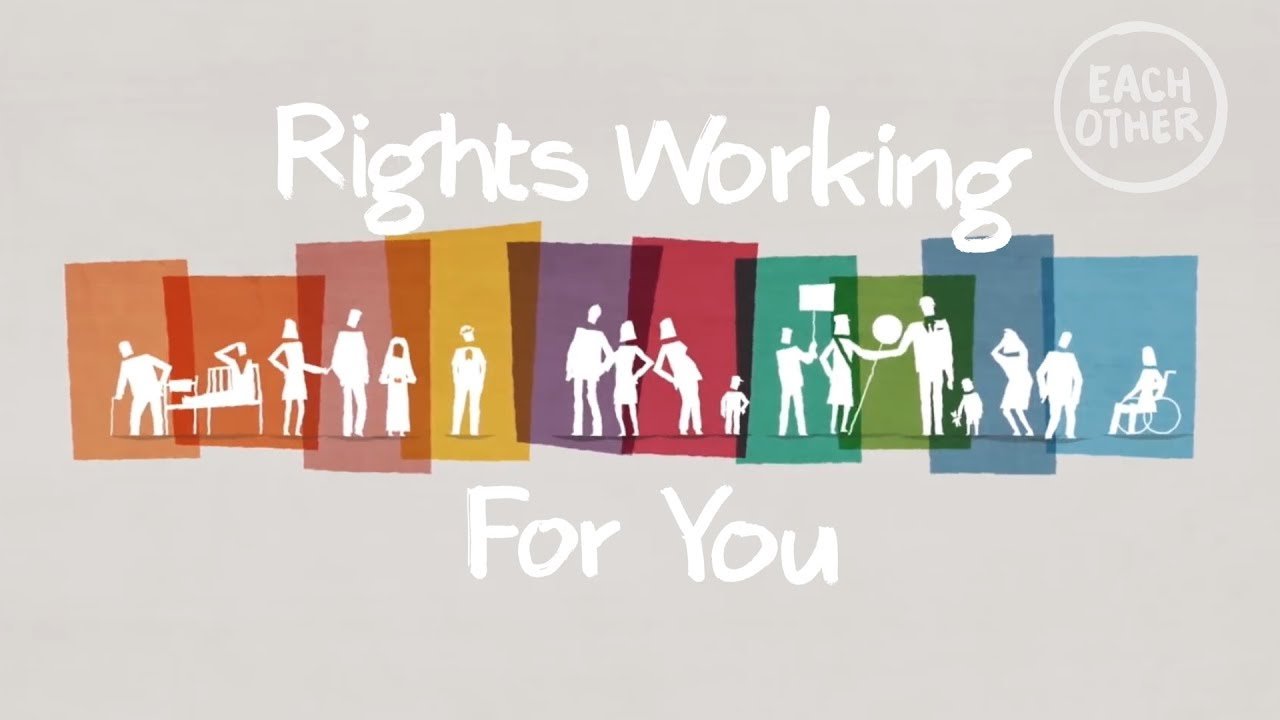Understanding the Types of Rights for the Public in the USA
In the United States, the concept of rights is foundational to the nation’s identity, guiding its legal, political, and social frameworks. These rights can be categorized into several broad types, each serving a distinct purpose in protecting individual freedoms and ensuring a just society. Here’s a comprehensive overview of the different types of rights enjoyed by the public in the U.S.:
Civil Rights
Civil rights are fundamental freedoms and protections that safeguard individuals from discrimination and ensure equality under the law. These rights are primarily enshrined in the Constitution and its amendments, such as:
- The Right to Vote: The 15th, 19th, 24th, and 26th Amendments ensure that citizens cannot be denied the right to vote based on race, color, gender, or age (for those 18 and older).
- Equal Protection Under the Law: The 14th Amendment guarantees that all citizens receive equal protection and due process, which has been pivotal in civil rights cases and legislation.
Political Rights
Political rights enable citizens to participate actively in the democratic process. These rights are critical for the functioning of a representative democracy:
- Freedom of Speech and Press: Protected by the First Amendment, these rights allow individuals to express their opinions and disseminate information without government interference.
- Freedom of Assembly and Petition: Also guaranteed by the First Amendment, these rights allow citizens to gather peacefully and petition the government to address grievances.
Economic Rights
Economic rights relate to the ability of individuals to pursue economic opportunities and live without undue economic hardship:
- Right to Property: The Fifth Amendment protects against the arbitrary seizure of property by the government without due process and just compensation.
- Right to Work and Fair Wages: While not explicitly detailed in the Constitution, various federal and state laws ensure that individuals can seek employment, earn fair wages, and work under safe conditions.
Social Rights
Social rights focus on the well-being of individuals and their access to essential services and opportunities:
- Right to Education: The U.S. Constitution does not guarantee the right to education, but various federal and state laws ensure access to public education for all children.
- Right to Healthcare: While not a universal right in the U.S., certain federal programs like Medicare and Medicaid provide healthcare access to specific populations, including the elderly, low-income individuals, and people with disabilities.
Legal Rights
Legal rights ensure that individuals are treated fairly within the judicial system:
- Right to a Fair Trial: The Sixth Amendment guarantees the right to a speedy and public trial by an impartial jury, as well as the right to be informed of criminal charges and to have legal representation.
- Right to Privacy: Though not explicitly stated, the right to privacy is inferred from various amendments and has been upheld in numerous Supreme Court decisions, safeguarding individuals from unwarranted government intrusion.
Cultural and Religious Rights
These rights protect individuals’ freedom to practice their culture and religion without interference:
- Freedom of Religion: The First Amendment protects individuals’ rights to practice any religion or none at all, and prohibits the establishment of a state religion.
- Cultural Rights: These encompass the ability to participate in and maintain cultural practices and traditions.
Conclusion
The diverse range of rights protected in the United States reflects the nation’s commitment to individual freedoms and justice. While some rights are explicitly guaranteed by the Constitution, others are protected through legislation and judicial interpretation. Understanding these rights is crucial for ensuring they are upheld and for fostering an informed and engaged citizenry.
